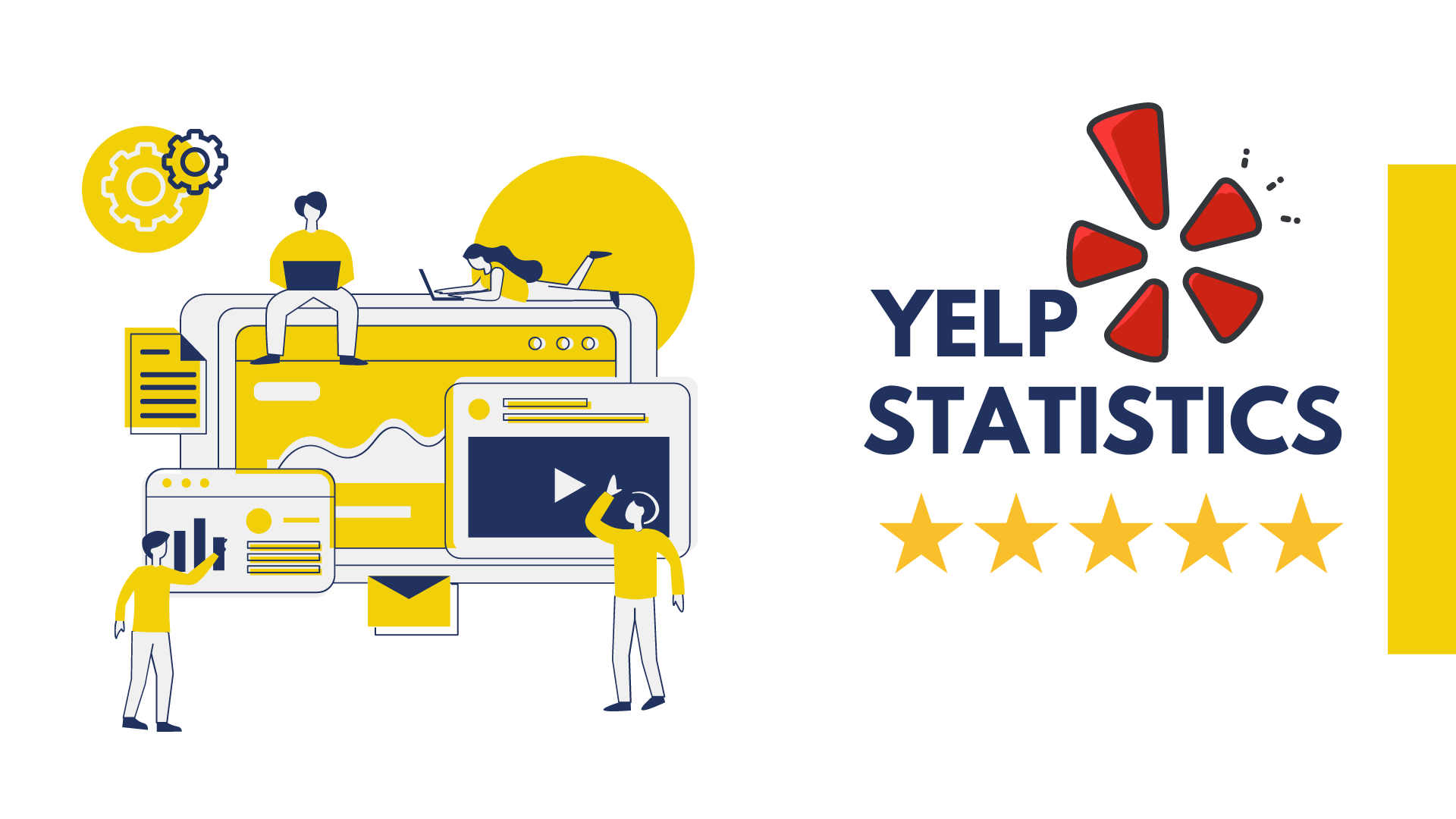GE Teams with Frost Data Capital on IoT Incubator
There is no shortage of startups in the burgeoning fields of Big Data and the Internet of Things (IoT). In fact, the proliferation of startups may make it tough for companies to determine which ones have solutions that can help them relieve their business pain points or pursue promising opportunities.
GE is taking a more targeted approach by partnering with Frost Data Capital to establish Frost I(3), an incubator focused on companies with solutions geared toward leveraging the so-called Internet of Things (IoT), also called the Industrial Internet.
The two companies plan to create and grow up to 30 new startups over the next three years. The incubator will provide funding, resources and expertise to launch companies focused on industrial technologies and solutions that accelerate the advancement of intelligent machines, predictive and contextual analytics, as well as new workforce mobility tools.
According to a news release, GE executives and the Frost I(3) leadership will work together to identify ideas for the startups based on the needs of their shared customers. Startups will receive funding from Frost Data Capital and GE Ventures. In addition, they will enjoy access to Frost’s incubator resources and facility in Southern California and to GE’s global network of 5,000 research scientists and 8,000 software professionals across industries including transportation, healthcare, energy and finance.
Frost Data Capital has similar partnerships with other companies, including Intel, EMC and Accenture, all designed to produce solutions that help partners achieve their market goals. In the case of Big Data, Frost Data Capital and its partners want to “bring technologies to market that allow business users – not just data scientists and high-level analysts – to leverage the power of Big Data,” said John Vigouroux, managing partner-president at Frost Data Capital.
IoT Opportunity
Bill Ruh, vice president, GE Software, called the Industrial Internet “the next big opportunity for developers and entrepreneurs to drive rapid innovation and industry transformation.”
GE has already made significant investments in the Internet of Things. For instance, it is connecting blowout preventors, costly machines used by clients in the oil and gas industry and located on the ocean floor, to the IoT so it can analyze data generated by the machines and save money by helping its clients move from a reactive maintenance model to a more predictive one. GE next year will open a $125 million oil and gas technology hub in Oklahoma City.
GE is not the only company seeking to capitalize on the Internet of Things. Intel is working with the city of San Jose, Calif., on a program designed to analyze data collected from sensors installed around the city, with the aim of improving the environment and making the city a more pleasant place to live. According to research firm IDC, the global market for IoT solutions will increase from $1.9 trillion in 2013 to $7.1 trillion in 2020.
Covering the Innovation Bases
In some cases, Vigouroux explained, startups are acquired by partners like GE. Frost Data Capital's methodology emphasizes the goal of acquisition from the beginning, and the company works with partners to ensure the startups produce solutions geared to fill their needs. This model results in more successful acquisitions.
“Traditional M&A can be a somewhat random process, with mixed results,” he said. “After all, a high quality startup may simply not be available at the right time and price, and even if found, integration into the organization's product architecture can be a challenge.”
Frost Data Capital strives to “invert this process and make it much more intentional,” Vigouroux said. “We work with our partners to identify disruptive ideas that they would like to pursue. If our validation process indicates there’s a large enough opportunity to justify a startup, we will go ahead and form a company. One or more of our strategic partners will be involved in the initial funding rounds, and more importantly, they help us develop the new company via ongoing validation and access to their customers.”
Another key to success is that corporate units of partners work closely with startups as they develop, Vigouroux added. “The end result is that the partner is presented with an opportunity to acquire a startup that fits nicely into its own product roadmap, when it is ready to do so and at a sensible price.”
GE, like many Frost Data Capital partners, invests in both internal and external research and development (R&D). This makes sense, Vigouroux said. “In general, startups can move more quickly, adapt more nimbly and get products to market faster than large companies. Large companies should focus on innovation that can move the needle very quickly. In contrast, startups can take on the riskier projects that will bring disruptive innovation to the marketplace.”
Ann All is the editor of Enterprise Apps Today and eSecurity Planet. She has covered business and technology for more than a decade, writing about everything from business intelligence to virtualization.

Public relations, digital marketing, journalism, copywriting. I have done it all so I am able to communicate any information in a professional manner. Recent work includes creating compelling digital content, and applying SEO strategies to increase website performance. I am a skilled copy editor who can manage budgets and people.



